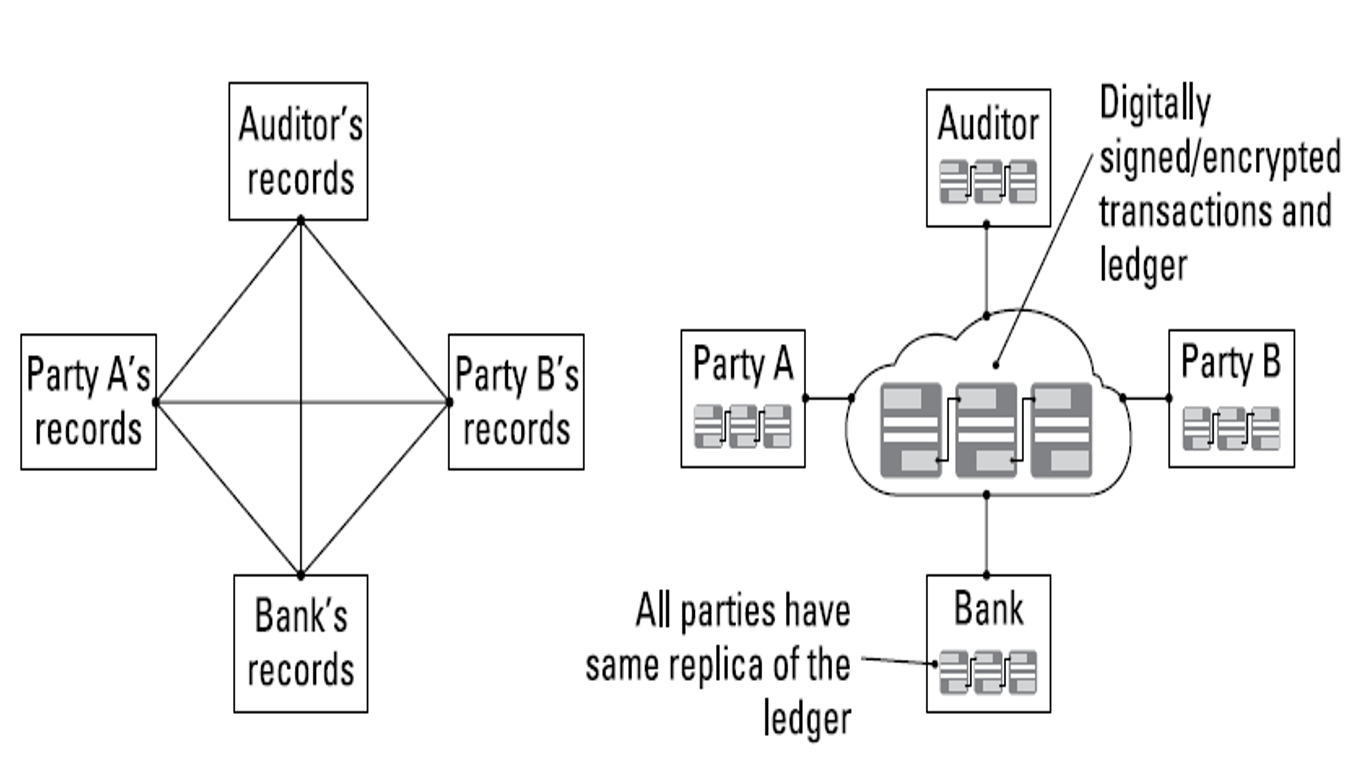Planning a holiday is a laborious task. From booking flights and hotels, putting on paper the places to visit and activities to keep engaged, there’s a lot of time and effort that you put in to perfect the itinerary. Or you might be someone who lets a vendor or travel agent do your planning with all-inclusive packaged tours.
Whichever option you pick, there is definitely one major question involved. How do you reassure yourself that the destination or the hotel, is the right choice? Based on ratings, reviews and recommendations from travelers, on a platform that is accessible, yet permanent.
Similarly, in terms of Airbnb, the rating game goes both ways, the host gives the customer a rating and vice versa. While this rating allows the parent company to track performances of its hosts and judge them on their people skills. The customer rating, on the other hand, could make you less desirable than everyone else. So, if you had a rating of three or lesser it decides whether you will be accepted by hosts on future bookings.
This peer-to-peer interaction currently takes place on a channel, but with blockchain, it removes the need for an intermediary. This may give rise to a citizen-to-citizen model that is disrupting the world of technology.
What is Blockchain?
It is a shared, distributed ledger that records transactions and assets on a network. These assets could be both tangible and intangible. These lists of records are called blocks and are made secure using cryptography. Each block has the following:
- A record/transaction data
- A hash pointer
- A previous hash pointer
The previous hash pointer creates the link between two blocks in order to create a chain. Blockchain databases allow data to be stored in a decentralized manner and let businesses work in collaboration over the internet.
What does Blockchain do?
Any value can be tracked on a blockchain network. Technology-wise, it permits multiple users to access, inspect or modify data, but that depends on the role each customer plays in each business. This helps in minimizing risks as they are tamper resistant.
When enterprises work together in a blockchain environment, information is readily available and transparent during interactions.
How does Blockchain play a crucial role in transforming customer experience?
In any customer-to-business or business-to-business exchange, there are a few things that need attention in the journey from pre-purchase through to post-purchase. Seamless interactions across channels, personalized service, and proactive support are the key factors. But it boils down to the trust and the brand promise that a business focuses on.
With that in mind, here are four ways in which blockchain is changing the CX industry.
1) Distributed:
Peer-to-peer transactions are open and eliminate the need for a third-party vendors or intermediaries. The result – customers can have direct conversations and have a greater influence on the journey.
2) Secure:
Blockchains works on cryptography. By designing and analyzing protocols, it enables a layer of increased security for all information stored, protecting it from identity thefts and hackers.
3) Transparent:
Data stored in blockchain systems may be accessible to a large group, but as an immutable asset, it prevents any fraudulent activities from taking place. For example; car manufacturers can choose from a list of vendors/dealers in an architecture that includes NPS scores, customer retention rates and product defect rates.
4) Real-time updates:
Similar to the proactive offering from many customer experience enterprises, it ensures duplications are eliminated. These timely updates will raise the bar for customer experience expectations.

Will artificial intelligence have a role to play in Blockchain?
Gartner predicts that the global blockchain market is expected to worth about $20 billion by 2024. Combining the advancement in AI with blockchain throws open a bunch of opportunities for businesses. For example, in an online retail business blockchain architecture, that has a publicly available record of Big Data customer and product data and information. An AI-bot could be used to identify customers who are looking to make a purchase. This empowers bots to make a selection based on criteria that could include: price range, a timeframe of purchase and customer reviews and match them to the right service/provider. Once the right match is made, interactions will be recorded in an open ledger.
These open ledgers can be harvested by AI to match the right entities removing the need for mass email marketing campaigns and move over to personalized but real-time emails for each customer.
This growing technology gives businesses a few years to research and invest in blockchain. But the question is, in a consistently changing environment like today, are you ready to roll your socks up and get the ball rolling?
- Categories
- Tags
- Archives
Subscribe For Updates
Get the Servion Blog updates in your inbox.
Recommended For You
- What is AI in the context of Customer Experience?
- C-Zentrix Partners with Servion to offer cloud-based omnichannel and AI-powered contact center solutions in India
- Average Handling Time (AHT): still the lynchpin of contact centers management?
- The Road to Adoption: ChatGPT is the EV of customer experience
- Why is customer service still a challenge in today's business landscape?












